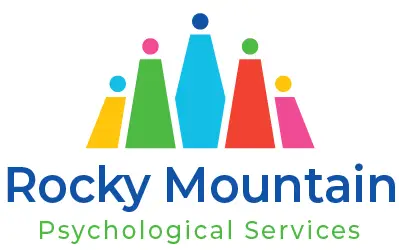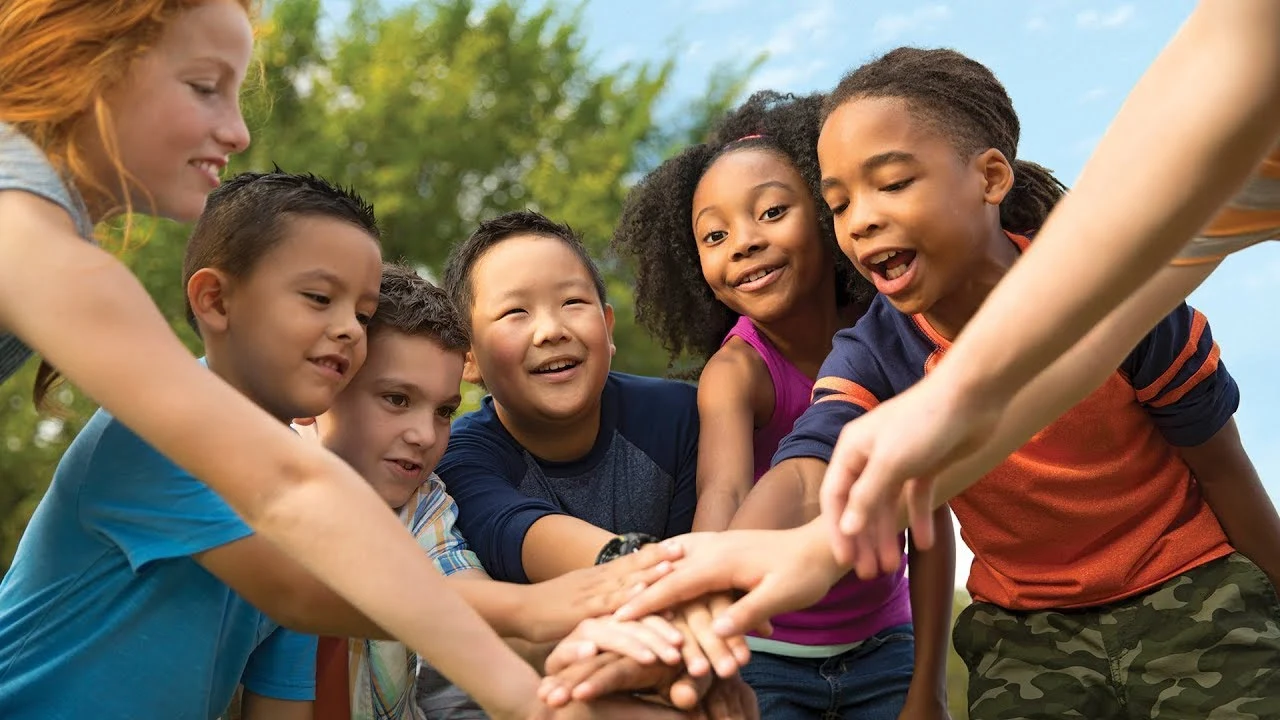When my daughter first started, things weren’t going so well at school. Sometimes other kids would get annoyed because she didn’t answer them and other times there would be some kind of conflict at recess. With the social skills group my daughter learned to pay more attention and answer when others talk to her. By week 4, she was telling me more about the fun times she had at recess. By week 8, she was role-playing resolving a conflict scenario in front of the group, something I never thought possible.”
Example of the kinds of things parents have said after Social Skills group
Stories like this are what we see in nearly every group: children who start out hesitant, or struggling to have positive social interactions leave the program with tangible, measurable skills that change how they interact at school, at home, and with friends.
That’s the power of the 8-week Social Skills Course at RM Psychological Services, starting 25 October. Designed and delivered by mental health professionals who know kids, this program blends fun with instruction and opportunities to practice in real-life with positive supports. Learn more and enroll here: https://training.rmpsychservices.com/social-skills/.
Why a Clinical Approach Matters
Social skills aren’t just “nice-to-have.” Research shows they are foundational for mental health, peer relationships, and academic engagement (Spence, 2003; Jones et al., 2015). Deficits in late childhood can predict social rejection, anxiety, and even later behavioral disorders. But when children receive structured training during ages 8–12, the benefits are long-lasting (Gresham, 2016).
That’s why this program uses clinical methods: cognitive-behavioral strategies, role-play rehearsal, and emotion-regulation coaching, ensuring skills move from theory into everyday life.
Two Groups, Two Developmental Paths
To maximize effectiveness, children are grouped by developmental stage:
- Group I (Ages 8–10):
- Still developing perspective-taking and self-regulation.
- Training emphasizes concrete, play-based activities: cooperative games, guided scripts, and adult-supported role plays.
- Focus: building confidence in initiating interaction, friendship maintenance skills, and conflict resolution.
- Group II (Ages 10–12):
- Entering pre-adolescence, where status, inclusion, and peer negotiation take center stage.
- Training uses abstract problem-solving, negotiation skills, and cognitive reframing of negative self-beliefs.
- Focus: handling conflicts, sustaining friendships, and emerging leadership skills.
This age-split ensures interventions are developmentally appropriate, clinically sound, and highly relevant.
What Clinical Techniques We Use and Why
- Modeling & Demonstration – Children first watch facilitators or peers perform a target skill, making invisible rules visible.
- Behavioral Rehearsal / Role-Play – Structured practice with immediate feedback builds confidence before trying skills in real life.
- Video Feedback – In select sessions, children see themselves interact, which boosts self-awareness and accelerates learning.
- Cognitive Restructuring – Clinicians help children challenge unhelpful thoughts like “No one will like me” and replace them with realistic alternatives.
- Emotion Coaching & Regulation – Children learn to name feelings and use calming tools (deep breathing, positive self-talk).
- Positive Reinforcement & Shaping – Specific praise and step-by-step progress ensure motivation and steady growth.
Why This Matters: These methods work together to remove the biggest barriers children face, including a lack of awareness, fear of embarrassment, impulsive reactions, and low confidence. In clinical practice, this combination has been shown to help children not only acquire social skills but also generalize them to everyday situations like classrooms, playdates, and family life (Bandura, 1977; Spence, 2003).
How We Measure Progress (Assessment that Matters)
Parents deserve more than “we think your child improved.” We provide measurable evidence through:
- Social Skills Improvement System (SSIS; Gresham & Elliott, 2008): Parent, teacher, and student reports measuring cooperation, empathy, communication, and self-control.
- Clinician Observations: Structured session-based tracking of social initiations, turn-taking, and conflict strategies.
Parents receive pre-course baseline scores and a post-course outcome report. This way, progress isn’t just observed, it’s documented.
Outcomes Parents Can Expect
By week 8, parents often report:
- Higher confidence in joining groups and initiating conversations.
- Reduced social anxiety in classrooms, sports, or playdates.
- Improved emotion regulation, with fewer outbursts or shutdowns.
- Better collaboration, both in schoolwork and at home.
- Increased empathy, shown by checking in on peers or siblings.
Parent Involvement: Critical For Generalization
Children practice skills weekly in sessions, but they generalize best when parents reinforce them at home. We provide:
- Weekly practice scripts — short, concrete tasks tied to the week’s theme.
- Reflection questions — to guide gentle discussion after social interactions.
- Reinforcement strategies — specific praise that highlights what the child did right.
Why Choose A Clinician-Led Course
Unlike extracurricular activities that may boost social exposure only indirectly, this course is designed and delivered with a clear clinical foundation. Every session is clinically structured, drawing on decades of research in child psychology, and each activity is mapped to a specific, evidence-based skill such as initiating conversations, resolving conflicts, or managing emotions. Progress is carefully measured through validated assessments before and after the program, giving parents a clear picture of their child’s growth. With small group sizes and trained mental health professionals providing a safe, supportive environment, children receive the guidance and structure they need to practice skills, build confidence, and carry those improvements into real-life situations.
How To Enroll
The next cohort begins 25 October. Spots are intentionally limited for a high-quality clinical environment.
Register today: https://training.rmpsychservices.com/social-skills/
Final Thought From A Clinical Perspective
From a child psychologist’s perspective, social competence is not an optional skill set; it is a cornerstone of healthy child development and a protective buffer against future difficulties. Decades of research show that children who struggle socially are at greater risk of experiencing peer rejection, loneliness, heightened anxiety, and even academic underachievement. Conversely, when social skills are explicitly taught and reinforced during the childhood years, children build resilience, stronger self-esteem, and a foundation for positive mental health outcomes well into adolescence and adulthood.
This 8-week program is designed with that clinical reality in mind. It does not just expose children to peers; it equips them with structured, research-backed tools for daily interactions such as initiating friendships, reading nonverbal cues, resolving conflicts, and regulating emotions under stress. The use of standardized psychological assessment ensures that growth is measurable and meaningful, not just anecdotal, allowing parents to see concrete evidence of progress.
Perhaps most importantly, the program recognizes that social competence is directly tied to long-term wellbeing. Children who master these skills are better equipped to handle challenges, bounce back from setbacks, and form relationships grounded in empathy and mutual respect. Parents can feel confident that their child is not merely participating in activities but is actively building lifelong competencies in confidence, empathy, and resilience. These are skills that act as protective factors against many of the struggles children face both now and in the future.


